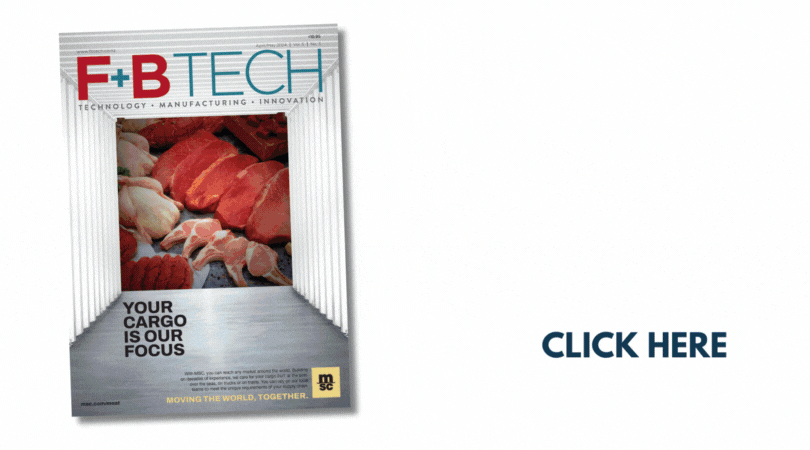Food inflation within the UK has begun to normalise and is predicted to drop further.
The British Retail Consortium (BRC) revealed that this will continue if global food prices and domestic producer costs remain stable.
However, it's crucial to note that geopolitical upheavals could pose a significant threat to the stability of future prices.
Leading trade association for the UK reported that food inflation decelerated by 3.4 percent in April. This was down by 3.7 percent in March.
This level is below the three-month average rate of 3.9 percent, and food inflation slowed for the twelfth consecutive month as the prices of fresh products such as butter, fish, and fruits fell.
Alongside dropping food inflation, business input costs have eased considerably, with food fertiliser prices becoming more manageable.
Despite this trend, certain food products, such as olive oil and chocolate, continue to experience inflationary pressures globally.
The BRC warned that geopolitical crises, Including the war in Ukraine and the Red Sea shipping crisis, remain threats to economic stability.
Helen Dickinson, CEO of the BRC, was firm that while consumers have welcomed the lower shop price inflation, geopolitical tensions and the knock-on impact on commodity prices threaten the future of price stability.
She reiterated that while retailers continue to work to keep prices down, the government will play a vital role in pro-growth policies that allow businesses to invest in customer offers.
Harvir Dhillon, an economist at BRC, said that upside risks remain to the future trajectory of commodity prices, which could mean inflation will be pushed back up over the second half of the year.
In the UK, fresh food inflation slowed further in April to 2.4 percent, down from 2.6 percent in March.
Non-food entered deflation at 0.6 percent in April, down from 0.2 percent in the preceding month.
To read more about the international industry, click here.






